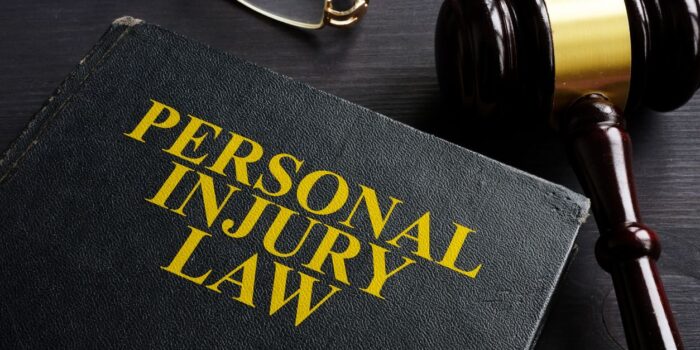
When Do You Need a Personal Injury Lawyer? A Comprehensive Guide
Personal injuries refer to injuries to people rather than property. They can be physical, emotional, and mental injuries. These actions are torts, which are wrongful acts with civil, not criminal, liability. There are different types of common personal injuries and a personal injury lawyer may specialize in different ones.
In a personal injury, one of the main issues is proving fault. Fault refers to whoever is responsible for the injury. In many instances, the other party will try to demonstrate that you were at fault so that they can avoid financial responsibility.
You do not need a lawyer for every personal injury claim. In many instances, such as car accidents, you can negotiate a personal injury settlement on your own. If the injury is minor and unlikely to have long-term consequences or ongoing medical bills, you can probably determine if the settlement offer is fair. However, the more severe the accident and injury, the more difficult it is to determine what your damages are. For those cases, you want to have an attorney working for you.
If you are negotiating your own personal injury settlement, you want to gather supporting documentation. You will need your medical diagnosis and medical bills. Plus, you will want the costs for repairing or replacing any damaged property. In many instances, an insurance company will offer a fair settlement for minor injury claims.
However, if you feel like the insurance company is not treating you fairly, you may want to hire an attorney. An attorney can negotiate on your behalf and usually gets larger settlements. Furthermore, while they take a percentage of your settlement, they may be able to recover attorney’s fees as part of their claim.
One of the more difficult types of personal injury to prove is a toxic tort. A toxic tort is when injuries are caused by a toxin. Common toxins are asbestos and chemicals. Talc and hair straighteners are two other sources of toxic tort claims. An attorney who specializes in toxic torts can advise you about potential settlement amounts and of your odds of winning if you go to trial.
Medical malpractice is another type of personal injury claim. If your medical care did not meet the standard of care, it may be negligent. These are difficult cases to prove, since they rely on proof from medical records to prove their claims. In addition to doctors and nurses, you may have claims against hospitals, clinics, and other employers. Medical providers should have medical malpractice insurance to cover these claims.
There is a special type of claim when a person died of a personal injury. Their surviving family members can bring a wrongful death claim. There are different types of compensation available to survivors, aimed at replacing the income of the person who died as well as trying to compensate the family for the emotional loss.
